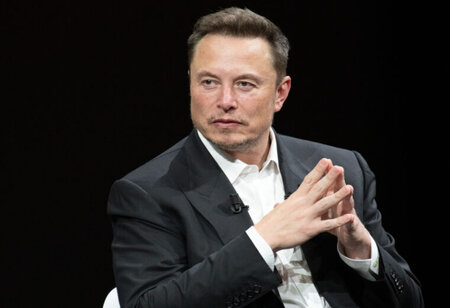Elon Musk Advocates for India's UNSC Seat: A Call for Global Reform
By Consultants Review Team
 Elon Musk, the renowned entrepreneur and CEO of Tesla, has voiced a compelling opinion regarding India's absence from a permanent seat in the United Nations Security Council (UNSC). Musk, currently the world's wealthiest person, took to the social media platform X to express his views on the matter. He called the situation "absurd" that India, being the most populous country globally, does not hold a permanent seat in the UNSC, which is the primary international affairs body of the United Nations.
Elon Musk, the renowned entrepreneur and CEO of Tesla, has voiced a compelling opinion regarding India's absence from a permanent seat in the United Nations Security Council (UNSC). Musk, currently the world's wealthiest person, took to the social media platform X to express his views on the matter. He called the situation "absurd" that India, being the most populous country globally, does not hold a permanent seat in the UNSC, which is the primary international affairs body of the United Nations.
India has long been considered a strong candidate for permanent membership in the UNSC. However, discussions on reforming the Security Council have seen limited progress. Currently, the UNSC comprises five permanent members—Russia, the UK, China, France, and the United States—each wielding veto power, along with ten non-permanent members elected for two-year terms by the UN General Assembly.
Musk pointed out a perceived reluctance among powerful nations to relinquish their authority. He stated, "The problem is that those with excess power don’t want to give it up," emphasizing the need for reform in the global organization.
UN Secretary-General António Guterres has echoed the sentiment of reform in UN institutions, stressing that these entities must align with the realities of today rather than those of 80 years ago. Michael Eisenberg, a venture capitalist, prompted a response from Musk, suggesting the dismantling of the United Nations to create something new with genuine leadership.
Musk's call for reform also extended to the representation of Africa in the UNSC, advocating for the continent to collectively hold a permanent seat. The dialogue on these issues is expected to gain momentum at the upcoming United Nations General Assembly's Summit of the Future, themed "Multilateral Solutions for a Better Tomorrow," scheduled for September 22-23. The summit aims to address global governance reforms and foster discussions on various institutional reforms and initiatives.







